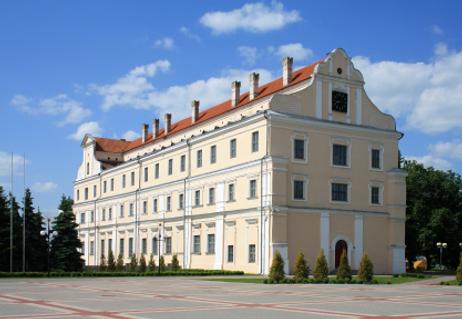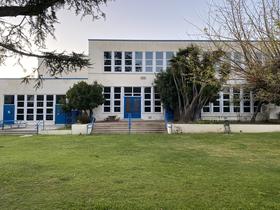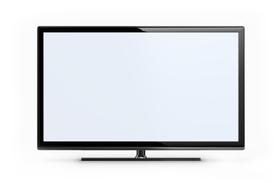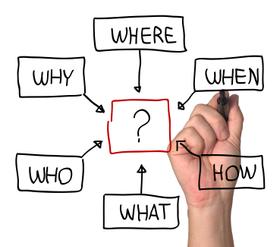The purpose of this article is not to cast blame. Instead, I want to highlight the disturbing trend that many of us have heard and read about: enrollment in American Catholic schools has declined severely over the past 50 years.
The following is quoted directly from the National Catholic Education Association's Annual Statistical Report on Schools, Enrollment, and Staffing.
"U. S. Catholic school enrollment reached its peak during the early 1960s when there were more than 5.2 million students in almost thirteen thousand schools across the nation. The 1970s and 1980s saw a steep decline in both the number of schools and students. By 1990, there were approximately 2.5 million students in 8,719 schools. From the mid 1990s though 2000, there was a steady enrollment increase (1.3%) despite continued closings of schools. Between the 2000 and the 2011 school years, 1,755 schools were reported closed or consolidated (21.5%). The number of students declined by 587,166 (22.1 %). The most seriously impacted have been elementary schools."
This short video gives us an overview of the issue.
Personally, it saddens me to see any private school in decline. It is even worse to discover that schools have closed. But the sheer magnitude of these numbers is just plain scary. Let's examine some of the reasons why Catholic education finds itself in this state.
The Economy
The economy has been a major factor in the decline





































